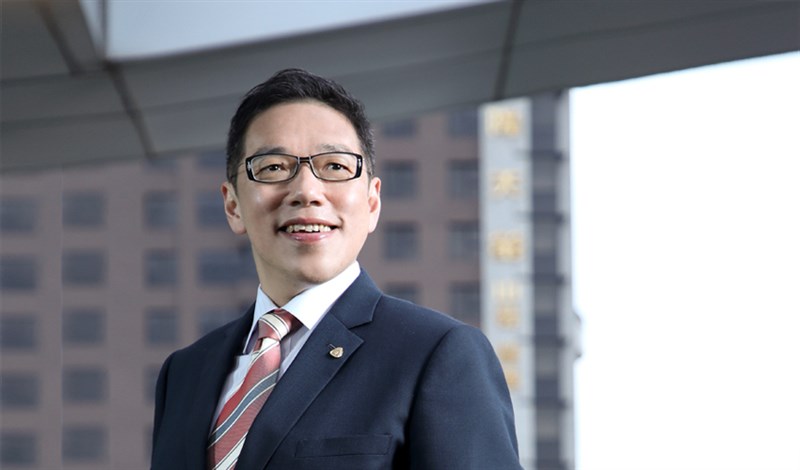Editor's Note
2021.04
Financial Trusts Will Become an Important Pillar in an Aging Taiwan

23,604,265. That was Taiwan’s peak population, reached in January 2020 before that figure began to slowly recede. According to estimates by the National Development Council, in 30 years, it will fall back to 20 million, its approximate level 30 years ago. Over the past 60 years, the post-war baby boom has gradually eased, and the economic environment and lifestyle choices of subsequent generations have created a long-term trend of a declining birth rate. Although demographic aging is worrying, simply promoting marriage and childbirth is not an effective policy response. After all, the traditional social structure in which children were raised through marriage in order for them to protect their parents in old age is long gone. The proportion of single, widowed, or other non-married senior citizens has also increased significantly. We must think comprehensively about this foreseeable aging process, and how to adjust to this environment. Full use of the financial trust mechanism would create trusted assets for seniors 30 years in the future, allowing us to say goodbye to the old custom of elder care through children, and to improve the overall living conditions of all generations. Trusts means that the “trustor” transfers assets to a “trustee” (professional administrator or bank) for management or disposal on their behalf. Trusts can be used to more efficiently execute many tasks, but Taiwan’s past experience has mainly involved investment trusts for high net-worth individuals. In addition, many trust companies grew out of commercial banks, limiting their development compared to other banking services. The FSC hopes to start promoting elder care trusts, hoping that more people will eventually understand how they work. Its 2020 six financial sustainability measures included “Trust 2.0,” adopting the spirit of inclusive finance for senior care. Taiwan’s boomers grew their wealth from a rapidly growing economy and universal education. Their quality of life and income increased at an unprecedented speed, and the value of their houses grew continuously, allowing them to accumulate much more wealth than other generations. Therefore, financial trusts are a good way to mobilize hard-earned past wealth for elder care, while reducing the burden on the young and middle-aged, already facing high housing prices, to take care of their parents. The key success factor is trust in Taiwan’s financial institutions. Multitudes of people who worry about future disability or dementia can talk to the banks they trust when they still have their full mental faculties, guaranteeing their dignity in later life. In a society with trust, a complete social safety net, plus trusts, will eventually replace the traditional mechanism of care by children. Only in this way can we implement the expectations of the ancients. As the Book of Rites (Conveyance of the Rites) said: “People should not regard only their own parents as parents, nor only their own children as children. The old are cared for until death, the adults are gainfully employed, and the children are nurtured.”



